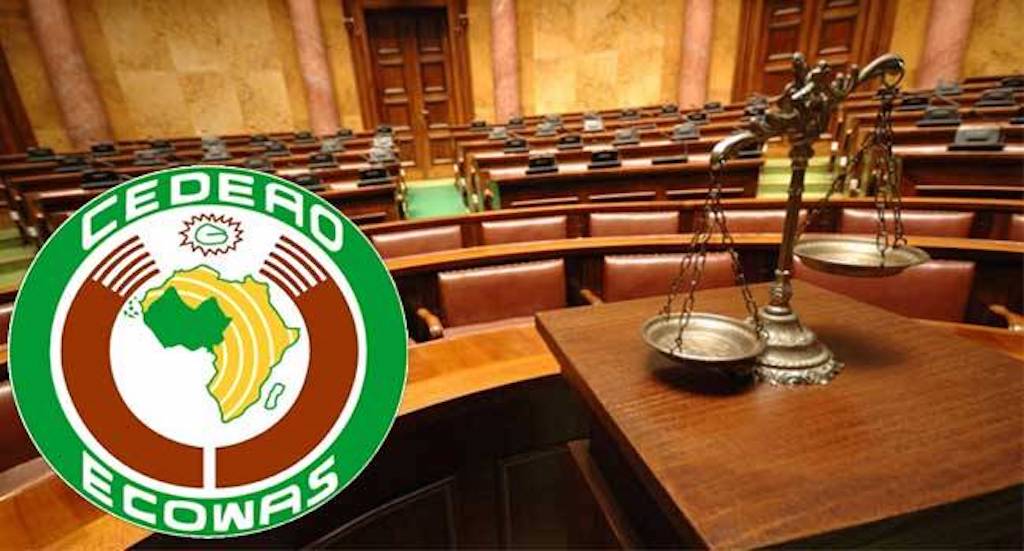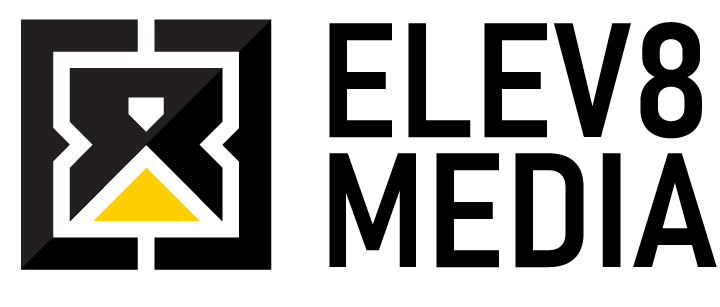By Oluwaseyi Lawal
The Economic Community of West African States (ECOWAS) Court, in Abuja, has ruled that the Nigerian Broadcasting Code, employed by the National Broadcasting Commission (NBC) to impose penalties on broadcast stations, infringes upon freedom of expression.
This declaration was made on October 23 during a judgment in a case brought forth by the non-governmental organization, Expression Now Human Rights Initiative, against the Federal Republic of Nigeria. It argued that the Nigeria Broadcasting Code, a federal law, restricts freedom of expression through specific provisions (Articles 3 (1) (1), 3 (1) (2), and Amendment Article 15 (5) (1)). It alleged that some of the provisions of the codes were restricting citizens’ freedom of expression, referencing some abuses of the laws, including the imposition of a ₦5 million fine on Nigeria Info, a radio station, for ‘inciting public disorder on air’.
The Respondent, the Federal Republic of Nigeria, denied violating the Applicant’s freedom of expression and emphasises its duty to protect citizens’ rights. It argued that the Code aims to promote local content, prevent monopolistic practices, and boost advertising revenue for local broadcasters and content producers. The Respondent stated that the National Broadcasting Commission can penalise stations for broadcasting content that incites hate or public disorder. It denied using the Code to stifle freedom of expression or harass the Applicant and seek court declarations, including dismissing the suit for lack of merit.
Justice Dupe Atoki, who presided the court, observed that in enacting laws “member states must give due consideration to its alignment with international guarantees and obligations like those under the African Charter on Human and People’s Rights.”
The applicant, represented by Solomon Okedara & Co, specifically challenged Articles 3 (1) (1), 3(1) 2), 15(2) (1) of the Nigeria Broadcasting Code (6th Edition) and Article 15 (5) (1) of the Amendments to the Nigeria Broadcasting Code (6th Edition) that they contravene the principle of freedom of expression.
In its judgment, the court noted that Article 3(1) (1) of the Code is infinite in scope and therefore violates the provision of Article 9(1) and (2) of the African Charter on Human and People’s Rights. The court noted that the provisions of Article 3(1) (2) of the Code are too ambiguous and vague and can “lead to curtailment of the right to freedom of expression.”
The court also ordered that the Nigerian government aligns Articles 3 (1) (1), 3(1) (2), 15(2) (1) of the Nigeria Broadcasting Code (6th Edition) and Article 15 (5) (1) of the Amendments to the Nigeria Broadcasting Code (6th Edition) in line with its obligations under Article 1 of the ACHPR and to cease giving effect to the provisions until it has aligned the same as ordered.
According to a statement from its communications unit, the court has ordered the Nigerian government to stop using the above-stated laws of the Nigerian Broadcasting Code.
“Submit to the court within six (6) months of the date of notification of this judgment, a report on the measures taken to implement the orders set forth herein,” the court said in the statement.
In May 2023, the Nigerian Guild of Editors praised the Federal High Court in Abuja for issuing a perpetual injunction that prohibits the National Broadcasting Commission from imposing fines on broadcast stations across the nation. The court, through a verdict delivered in May by Justice James Omotosho, emphasized that the NBC, lacking the status of a court of law, lacked the authority to impose punitive sanctions on broadcast stations.







Comment
No comments found.